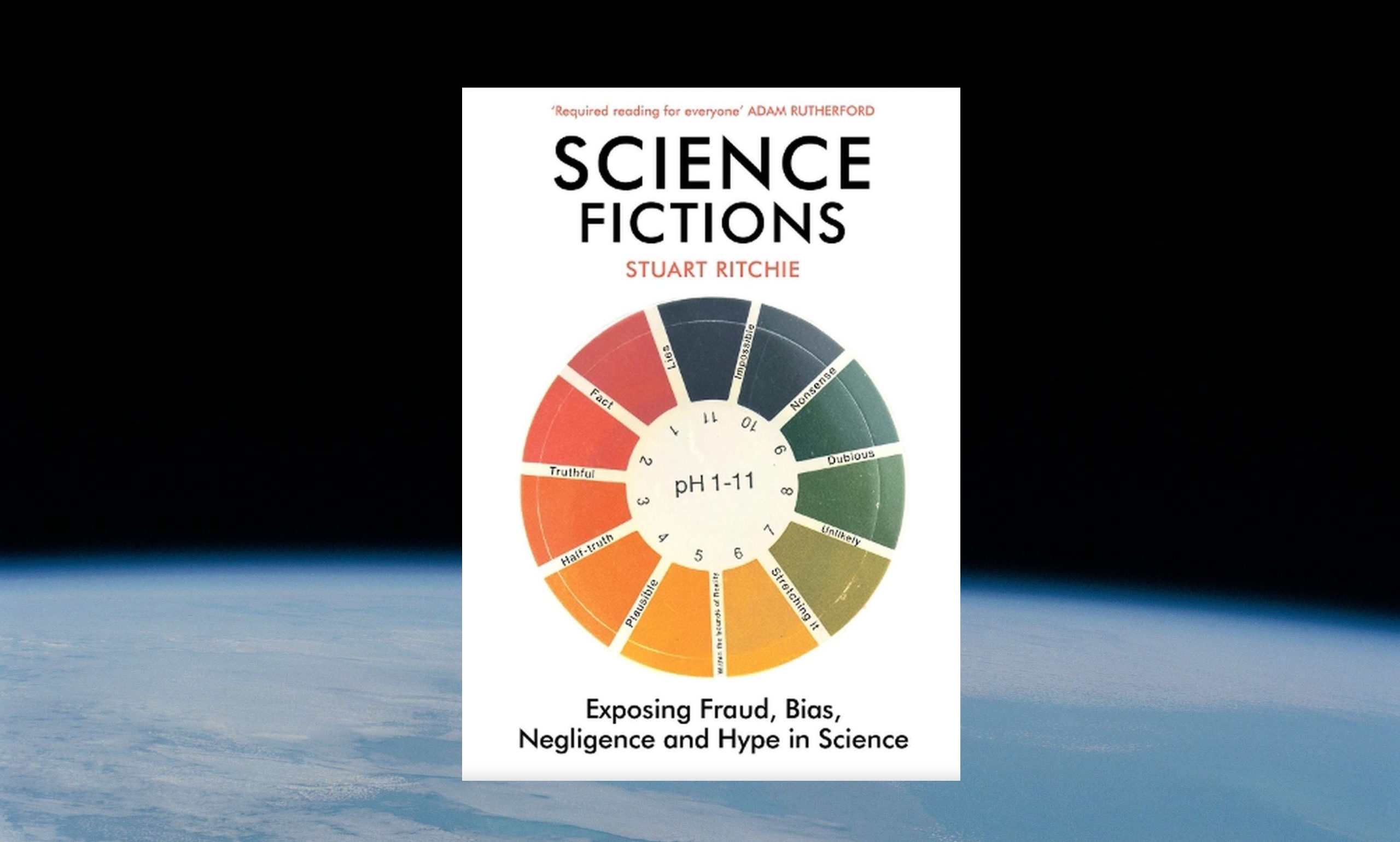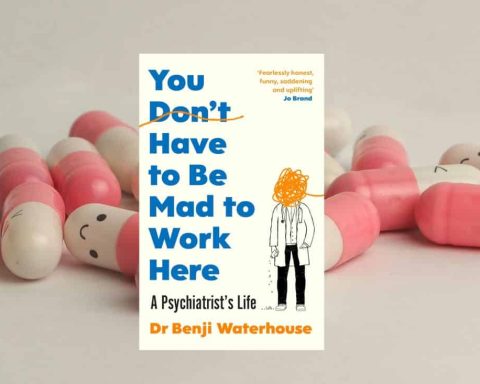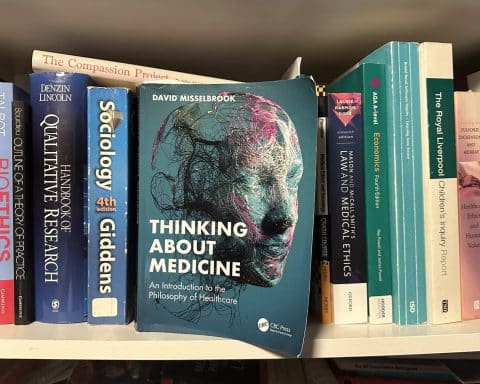
It might have been some time since you last critically appraised a scientific paper, never mind learned how to do so. And yet, all GPs practically apply the implications of these papers – specifically those that focus on biomedicine – in their daily practice through evidence-based healthcare. Most of us do this by following the guidance of trusted authorities, such as those issued by National Institute for Health and Care Excellence (NICE), British Thoracic Society (BTS) and Scottish Intercollegiate Guidelines (SIGN). These bodies are tasked with collecting, reviewing and comparing the effectiveness (both in terms of clinical effectiveness, safety and cost) of existing and new treatment options. They condense these into usable algorithms to enable their safe, effective and standardised deployment in the consulting room. Crucially, these treatment pathways save the increasingly busy GP substantial amounts of time by reducing their staying up-to-date requirements from the frontier of biomedical research publications (a truly impossible feat, as the number of papers added to the MEDLINE database alone each year reaches 1.3 million)1 to a manageable regular update of approved clinical guidelines.
Strategies to maintain sufficient critical appraisal skills, which respect the busy GP’s poverty of time, are therefore in order.
Despite this, the GMC requires all doctors to “keep [their] professional knowledge and skills up to date”,2 which arguably includes their abilities to appraise the literature produced by medical research. In my own practice, this skill frequently becomes necessary when a patient requests advice on (or demands a prescription or referral for) a new pharmaceutical product, surgical procedure or medical device. This requires me to locate and interpret the relevant studies to inform my management and explanation to the patient. Strategies to maintain sufficient critical appraisal skills, which respect the busy GP’s poverty of time, are therefore in order. In addition to The BMJ Talk Evidence podcast (to which I am a regular listener),3 one of these strategies is to read Stuart Ritchie’s 2020 book Science Fictions: Exposing Fraud, Bias, Negligence and Hype in Science (which is also available in audiobook format to be devoured at times when reading is impractical).
The book is a frank, revealing and disturbing tour of the plethora of ways in which much of scientific research is deeply flawed and the generator of results that are minimally (if at all) reflective of reality. While it does not focus exclusively on research from the field of biomedicine (it also draws on examples across the hardness-spectrum of science, from particle physics, engineering and biology through to economics, sociology and psychology), much of the book examines the problematic practices in medical research. In fact, the author identifies problems in biomedical science as of the most concerning. After all, it is the products of this kind of research that directly impact the lives of real people through the pharmaceuticals, surgeries, behavioural programmes, devices and talking therapies that health professionals subject them to. The author recognises this as a profound ethical problem, not least because the doctors who authorise these interventions, and the patient that receive them, trust that they are underpinned by a robust evidence-base.
Science Fictions is an accessible and enjoyable read that is directly relevant to our work as GPs, useful for our much-needed critical appraisal skills, and fascinating to the curious mind…
Of great utility to the time-poor GP, the book lays out the key features of scientific research, practices around the publication (or not) of its results, and the appraisal of academic papers using suitable language for clinicians wishing to remind and update themselves of this landscape. The exploration includes what is usually central to the interpretation of scientific papers, and what is often most feared by those tasked with doing so – statistical analysis. The book explains these features by revealing how each can be, with alarming frequency and impact, misused and warped by researchers and journal editors. Each of these faults – specifically fraud, bias, negligence and hype – is treated in its own dedicated chapter to describe how incompetence, carelessness and even malfeasance and malice can infect and distort the products of scientific research. The result of such malpractice has led to the so-called ‘replication crisis,’ which the author describes at the outset to powerfully make the case for the rest of the book. An autopsy of the causes of these problems explores the perverse incentives that exist within the academia industry, scientific research and scholarly journals (this may be of particular interest to readers in academic primary care).
Science Fictions is an accessible and enjoyable read that is directly relevant to our work as GPs, useful for our much-needed critical appraisal skills, and fascinating to the curious mind that wishes to explore the behind-the-scenes goings on that underlie the research we base our practice upon.
Featured book: S Ritchie. Science Fictions: Exposing Fraud, Bias, Negligence and Hype in Science. Bodley Head, 2020
References
- National Library of Medicine. Citations Added to MEDLINE® by Fiscal Year. 22 December 2022. https://www.nlm.nih.gov/bsd/stats/cit_added.html[accessed 23 December 2023]
- General Medical Council. Good Medical Practice. 25 March 2013. https://www.gmc-uk.org/-/media/documents/good-medical-practice—english-20200128_pdf-51527435.pdf [accessed 23 December 2023]
- https://www.bmj.com/podcasts/talkevidence [accessed 23 December 2023]








